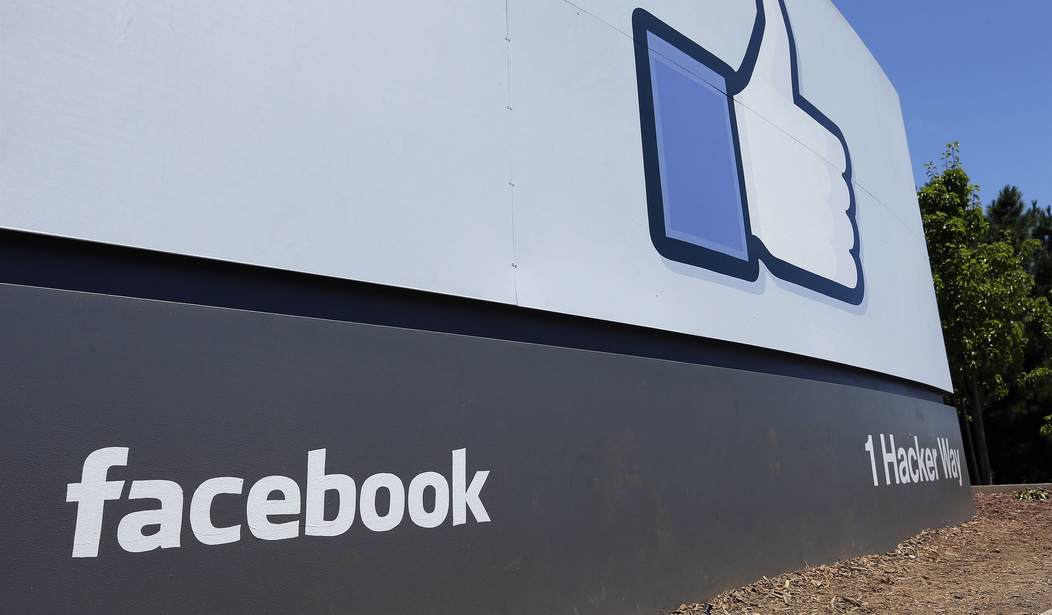On Tuesday Facebook released the results of a study on bias within and by the platform against conservative perspectives and activity on the platform. It was led by former U.S. Senator Jon Kyl (R-AZ) and his team at corporate law firm Covington & Burling LLP.
The report confirmed what many had already been experiencing firsthand in the years since social media has become central to global communications, business, governance, and interactivity – that many voices on the right felt subject to arbitrary purposefully targeted restrictions on their ability to operate freely within the terms of services of the platform.
Senator Kyl and his team interviewed a wide variety – 133 - of conservative organizations and persons in regards to their individual various experiences utilizing the platform. While the report does not address whether the concerns are valid, as an interim report it describes the primary concerns conservative persons and organizations have seen, felt, and experienced on the platform.
The report also describes some changes Facebook has made, or is in the progress of making, to attempt to promote a more fair-minded image and operation. These include a proposed independent oversight board for content moderation, a more open and usable appeals process for content decisions, greater transparency for algorithm placement methods, and increased policy change documentation.
The study comes as social media companies continue to face inquiries, risks, and potential policymaking intervention over what their now large – and some would say oversized - role in public communications and discourse and consequently business activity and even civic government.
Recommended
For better or worse Facebook is here to stay. It has faced numerous challenges from business competitors who are unable to climb over its inertia and network effect, even if other social platforms – such as Discord, Snapchat, Twitter, etc. - have gained substantial and sustained user bases for more specialized interests and purposes.
The American way with regulation of private industry, barring exceptional and egregious violations against the public good, has been to put some parameters on a sector’s activity while letting the sector and free market activity regulate it from then on out.
With social platforms we’ve begun to see this already take place as companies such as Facebook and Twitter, as well as other technology companies who have social operations such as Amazon, Apple, Google, etc., respond quickly to public concerns and attempt to formulate standards and “rules” that give a somewhat expectation of non-arbitrary conduct and practices.
One of the most successful examples of industry self-regulation has been the Financial Industry Regulatory Authority (FINRA) which, as a private organization and through its predecessor self-regulatory organization, has since 1939 provided the securities industry with a level of stability and enforcement but without complete government oversight, intervention, and control.
The U.S. Securities and Exchange Commission (SEC) remains active and powerful but FINRA provides the industry with informed self-regulation for many day-to-day concerns and resolves lesser issues before they rise to the level of government involvement.
This benefits the industry by allowing them to work amongst themselves, who have the best knowledge of how their companies work, while also easing the burden on the public in the form of government overhead and potentially uninformed policymaking. These self-regulatory organizations respond to the market and public demands because they know that if they ever fail in their oversight function then direct government intervention may be well on the way.
As the social platforms – now generally considered “communications services” as representative of their primary function and role – continue to find their footing with public concerns from parties all over (not just conservatives) over allegations of bad actor activity, viewpoint and other discrimination, and otherwise, we may see increased formation of such self-regulation whether formal or informal.
Self-regulation has already been taking place as these social platforms seek to better standardize their policies and practices not only within their own organizations but across the sector. The formation of a social platform self-regulatory group for these technology behemoths may be the eventual American response to their disruptive transformation of American business, government, and society over the past decade.
Amid all this we should remember we are not dealing with bad actors so much as a young industry that has grown fast and hard and in the process has inevitably clashed with many of the legacy societal boundaries and status quo that previously existed. As with many technologies, adaption and adoption is the best course of action as we seek to reap the benefits of these new services and the interconnectivity they bring while reducing the excesses and harms.
Social platforms looked very different five years ago let alone ten years ago. Five, ten years from now I expect they will be substantially different from the present too – and hopefully in even better form.

























Join the conversation as a VIP Member